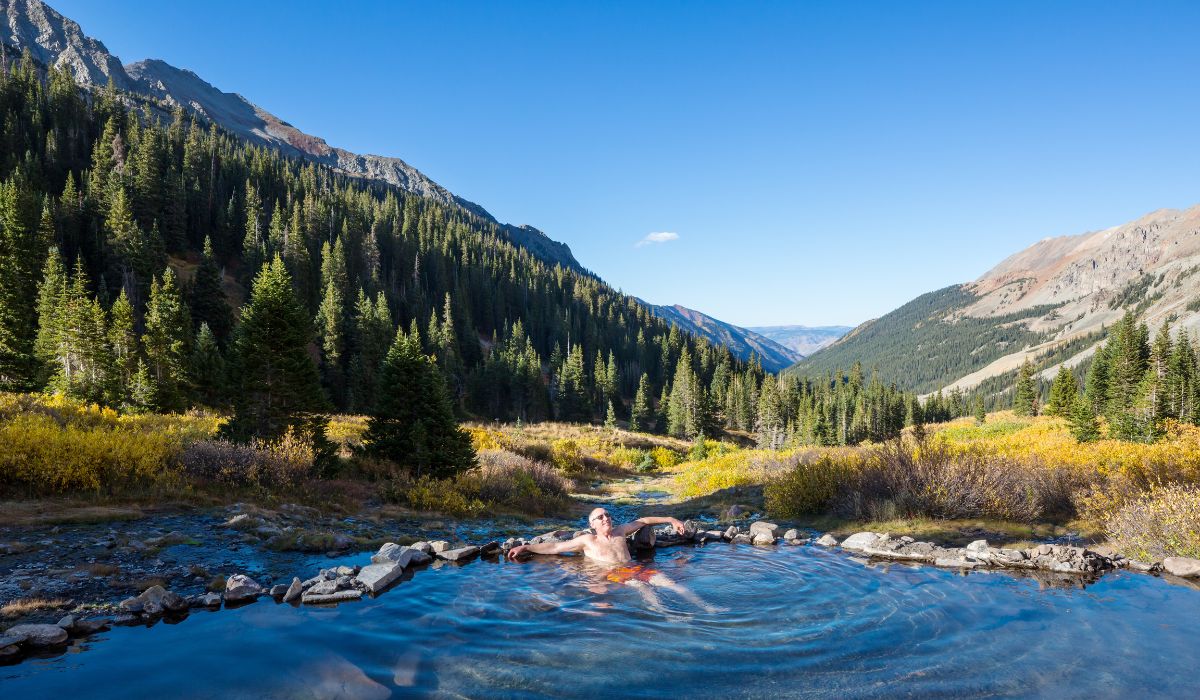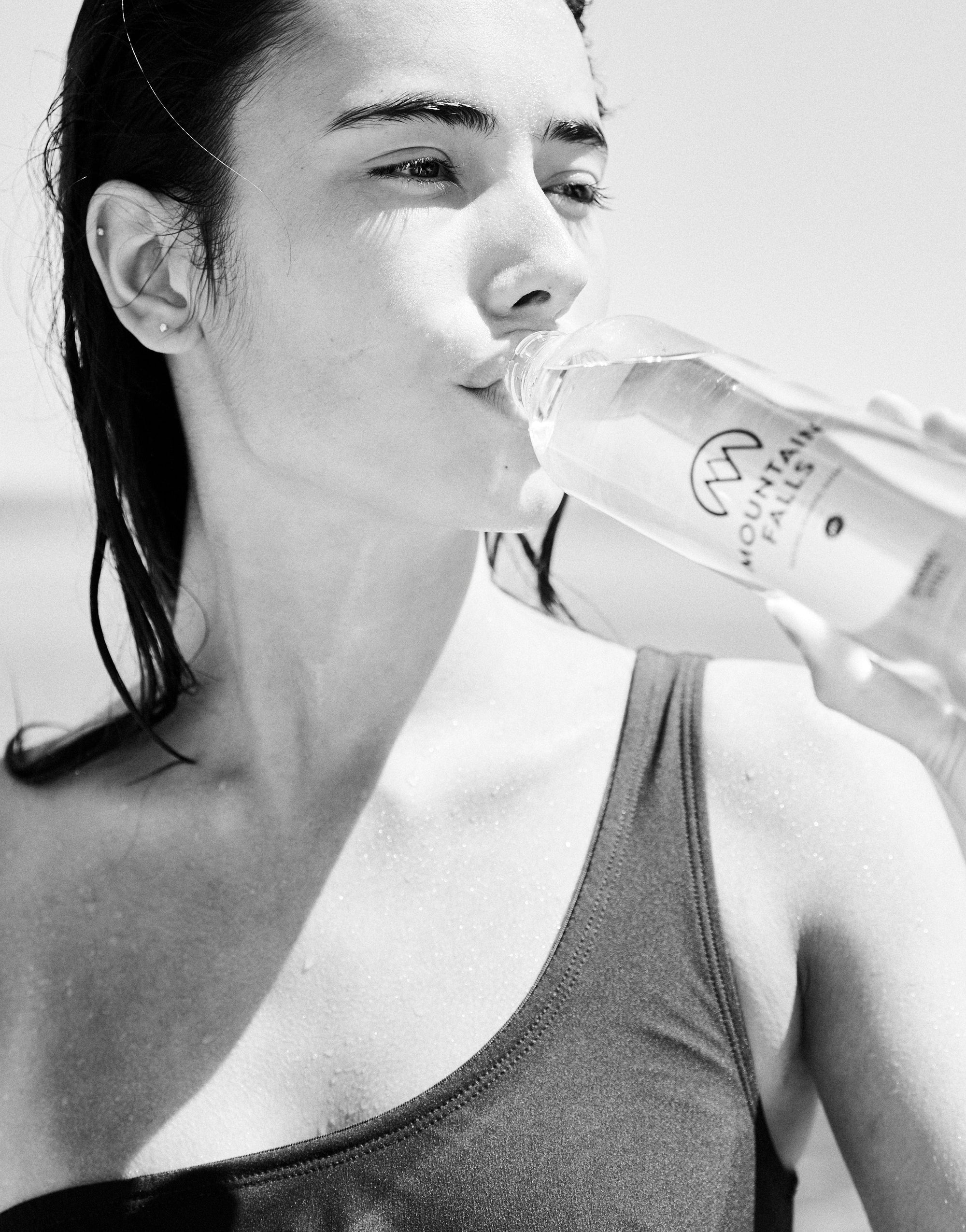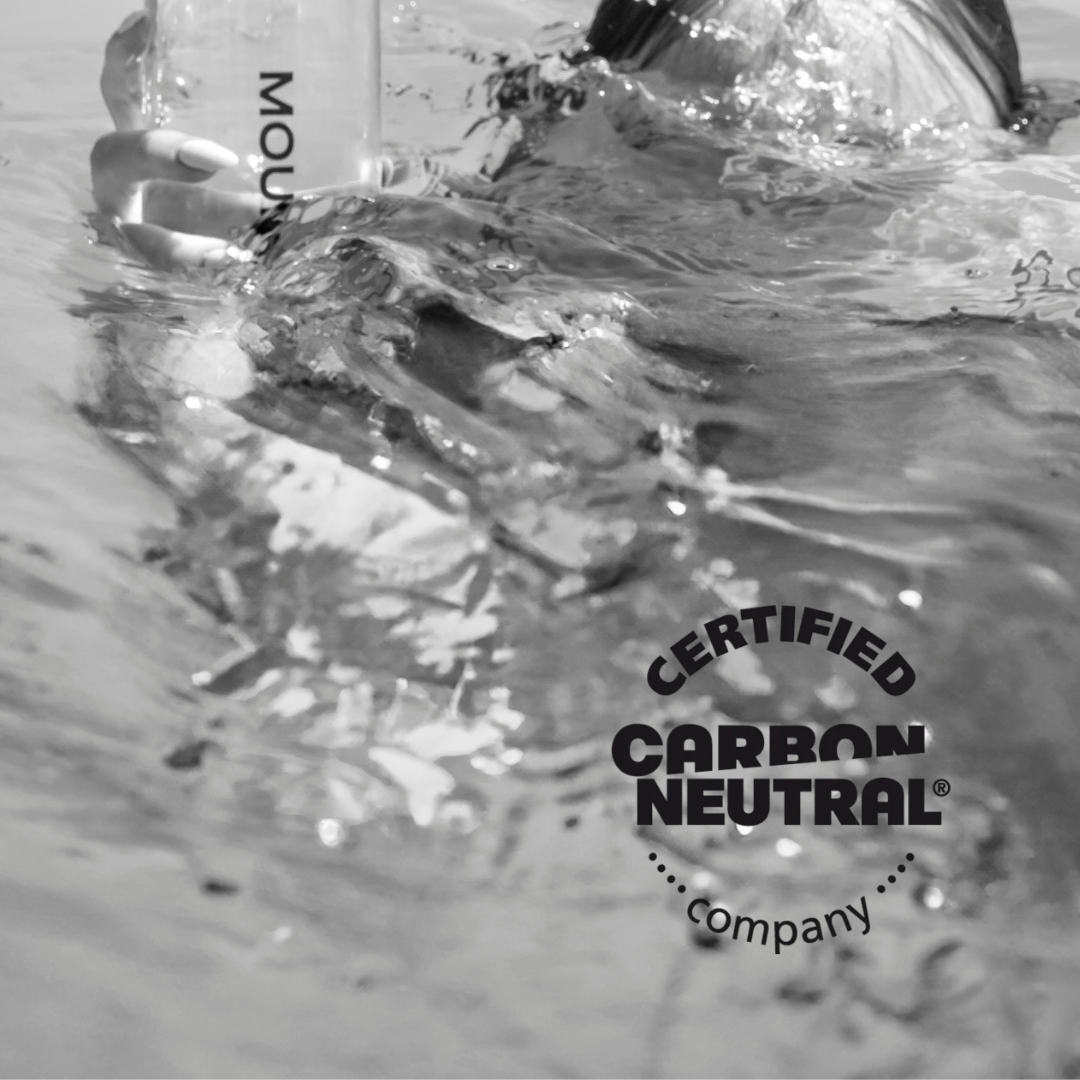Ever wondered why water is such a big deal for your health? Well, your body is a water wonderland. On average, about 60% of an adult's body weight is water, but this can fluctuate based on various factors like age, gender, and body composition. In this article, you'll discover why your body's water percentage is vital and how it supports your overall well-being.
Understanding the role of water in your body goes beyond quenching your thirst. It's about grasping how each organ relies on this precious liquid to function optimally. From the high water content in your brain and kidneys to the lesser amounts in your bones, we'll dive into the fascinating distribution of water in your body. Stay tuned to learn why hydration should be at the top of your health checklist.
Importance of Water in the Human Body
Water's prominence in your body composition is undeniable. What percentage of the human body is water? On average, it's about 60%, but this figure varies across individuals. It's essential for myriad functions, and in South Africa, where the climate can fluctuate dramatically, maintaining hydration is imperative. Brands like Mountain Falls, hailing from Cape Town, offer still and sparkling water options that contribute to fulfilling your daily water intake, supporting your body's diverse needs.
Role of Water in Maintaining Body Temperature
Water has a unique capacity to regulate your internal body temperature. It absorbs heat generated by your metabolism and cellular functions, distributing it evenly. When you're exposed to warm temperatures in South Africa's climate, your body releases this heat through sweat, which evaporates to cool you down.
- Thermoregulation: Water enables the body to release heat through perspiration and respiration, managing your core temperature effectively.
- Heat Distribution: As a thermal conductor, water aids in shifting heat to maintain an optimal internal environment.
Staying hydrated with quality still water or a refreshing sparkling water from a trusted local source like Mountain Falls can help you manage heat stress, especially during the hot summer months in the region.
Water as a Solvent for Nutrients and Waste Products
You might not think of water as a powerful substance, but in the human body, it acts as an essential solvent. This means it dissolves nutrients, minerals, and waste products, making them more accessible for the body to use or remove as necessary.
- Nutrient Transport: Dissolved minerals and vitamins in water are easily transported to cells where they're needed.
- Waste Elimination: Water carries waste products to the kidneys and out of the body through urine.
Ensuring you have access to quality mineral water, like that from Mountain Falls, can make a significant difference in providing your body with essential minerals while aiding in the removal of waste.
Lubrication and Protection of Body Organs
Beyond just hydration, water within your body acts as a lubricant and protective agent. It cushions and lubricates your joints, allowing for smooth, pain-free movement. Inside your cranium, cerebrospinal fluid, which is primarily water, protects your brain against impact.
- Joint Lubrication: Reduces friction in your joints, promoting ease of movement.
- Organ Protection: Surrounds organs and tissues, providing a protective barrier against physical trauma.
Drinking adequate water from sources like Mountain Falls can aid in these protective functions, ensuring that you can lead an active and healthy lifestyle. Whether you prefer the crispness of still water to cleanse your palate or the effervescence of sparkling water as a refreshing treat, staying well-hydrated is key to maintaining the protective and lubricative properties of water in your body.
Water Content in Different Parts of the Human Body
Understanding the water content in various parts of the body can reveal much about the crucial role water plays in maintaining health. Explore how some of the most vital organs manage their water percentage and why hydration should top your list of health priorities.
Water Percentage in the Brain
Your brain is a powerhouse that operates predominantly on water. Up to 85% of your brain's weight is water. This high percentage supports critical brain functions like neurotransmission, waste removal, and nutrient absorption. Since the brain doesn't store water, consistent hydration is essential for peak mental performance and cognitive health. Choosing a quality water source like Mountain Falls mineral water can aid in supplying your brain with the pure hydration it needs.
Water Percentage in the Heart
The heart, an organ that's pivotal in pumping life throughout your body, comprises about 75-80% water. This liquid presence is essential for maintaining blood volume and pressure, ensuring your heartbeats are strong and steady. The purity of the water you drink, such as that provided by Mountain Falls still water, can influence heart function, emphasising the importance of consuming trusted water sources for cardiovascular well-being.
Water Percentage in the Lungs
Did you know that your lungs are approximately 83% water? This moisture is crucial for gas exchange, enabling oxygen to enter your bloodstream and carbon dioxide to exit. The proper balance of still and sparkling water, like the varieties from Mountain Falls, contributes to the lungs' ability to maintain optimal humidity levels, supporting efficient respiration.
Water Percentage in the Muscles
Muscles, known for their strength and flexibility, are 75-80% water. This high water content provides the muscles with the ability to contract, maintain tone, and repair themselves. Whether you're an athlete looking to recover or someone aiming for general fitness, quenching your muscles with high-quality water like that from Mountain Falls can significantly impact your muscular health and performance.
Factors Affecting Water Percentage in the Human Body
Age
As the years pass, your body undergoes natural alterations affecting how much water it retains. Newborns, boasting a remarkable near 75% water content, face a gradual decrease as they grow. By the time you achieve adulthood, this number typically settles around 55-60%. Aging further impacts hydration levels. The elderly generally exhibit a lower water percentage, sometimes dipping below 50%, making adequate water intake, such as mineral water from Mountain Falls, crucial. Always bear in mind that maintaining water balance is a dynamic, lifelong endeavor.
Gender
Your gender significantly influences your body's water content. Due to higher lean muscle mass, men typically boast more water—about 60% on average—compared to women, who usually have around 50-55%. Lean muscle carries more water than fat tissue, which explains the discrepancy between sexes. This fact sheds light on the importance for both genders to hydrate with still or sparkling water from quality sources like Mountain Falls to support their unique physiological needs.
Body Composition
A critical determinant in what percentage of the human body is water lies in your Body Composition. In essence, more muscle means more water. Lean muscle tissue houses nearly 75% water, while fat tissue contains significantly less—roughly 10%. Thus, individuals with a higher muscle-to-fat ratio tend to have higher percentages of bodily water. By staying hydrated with premium mineral water, you can foster optimal muscle function and overall fluid balance.
Physical Activity Level
Lastly, your Physical Activity Level wields influence over your body's hydration status. The more active you are, the more water you need to consume to replenish fluids lost through sweat and metabolic processes. Active adults often need to offset dehydration risks with higher water intake. Whether it's a brisk walk or a strenuous workout, keeping a bottle of Mountain Falls still or sparkling water nearby helps maintain hydration and supports your bodily functions efficiently.
Recommended Daily Water Intake
General Guidelines
Understanding what percentage of the human body is water underscores the need for replenishing this vital fluid. The basic guideline for daily intake is about 8 cups, or 64 ounces, of water. However, this figure is a starting point, as individual needs vary. With options like the crisp taste of Mountain Falls mineral water, staying hydrated doesn't have to be a chore. Whether you prefer still water for a smooth sip or the lively tickle of sparkling water, hydration can be a refreshing part of your daily routine.
Factors Affecting Water Intake
Your water needs are as unique as you are. Several factors influence how much water you should drink daily:
- Age and Gender: Adults generally require more water than children. Men often need more than women, with recommended amounts being 3.7 liters for men and 2.7 liters for women.
- Physical Activity: The more you move, the more water you lose through sweat, and the more you need to drink.
- Climate: Hotter climates increase water needs due to higher rates of perspiration.
- Health: Certain conditions can lead to extra fluid loss. Always monitor your symptoms and hydrate accordingly.
- Diet: A diet high in sodium can increase water retention, whereas caffeine can act as a diuretic.
For precise figures based on age and gender, refer to the table below.
| Age Group | Recommended Water Intake |
|---|---|
| 19+ years men | 3.7 Liters |
| 19+ years women | 2.7 Liters |
| Pregnant women | 3.0 Liters |
| Lactating women | 3.8 Liters |
These amounts include overall fluid intake, from food and other beverages as well.
Tips for Staying Hydrated
To ensure you're adequately hydrated, consider these tips:
- Sip Throughout the Day: Keep a bottle of Mountain Falls still or sparkling water at your desk or in your bag.
- Eat Water-Rich Foods: Incorporate fruits and vegetables, many of which are high in water content, into your meals.
- Monitor Urine Color: It's a simple yet effective indicator; aim for pale yellow to judge proper hydration.
- Listen to Your Body: Don't ignore thirst—it's a clear signal from your body that you need water.
Remember, your body's water needs can't be met by just any fluid. Choose high-quality mineral waters that replenish electrolytes and provide a clean, pure taste. Whether indoors or out exploring the incredible landscapes, have Mountain Falls with you to meet your hydration needs day in and day out.
Conclusion
Remember, staying hydrated is crucial for maintaining your health and well-being. By understanding your body's unique needs and the various factors that influence your water intake, you're better equipped to keep your hydration levels optimal. Don't forget to incorporate the tips shared, like sipping Mountain Falls mineral water throughout the day and eating water-rich foods. Trust your body's signals and make hydration a priority in your daily routine. Your body will thank you for it.
Frequently Asked Questions
How much water should I drink a day?
The general guideline is to drink about 8 cups (64 ounces) of water per day. However, individual needs may vary due to factors like age, gender, physical activity, climate, health, and diet.
What affects daily water intake needs?
Several factors influence water intake needs, including age, gender, physical activity level, climate, health status, and dietary habits.
Does the type of water I drink matter?
Yes, the quality of water matters. It's recommended to drink high-quality mineral waters, such as Mountain Falls, which can provide additional health benefits.
How can I remember to stay hydrated?
Set reminders to sip water throughout the day, include water-rich foods in your diet, and pay attention to your body's thirst signals and urine color to ensure proper hydration.
Why is proper hydration important?
Proper hydration is vital for maintaining bodily functions such as temperature regulation, joint lubrication, and nutrient transportation. It also helps improve physical performance, cognitive function, and overall health.
Can I drink too much water?
While rare, it is possible to drink too much water, leading to a condition known as hyponatremia, where the body's sodium levels become dangerously low.
Do I need to drink eight cups of water if I am not thirsty?
Thirst is a signal from your body that you need more water, but don't rely solely on it. Sometimes you need to drink water before you feel thirsty to prevent dehydration, especially in hot climates or during exercise.







